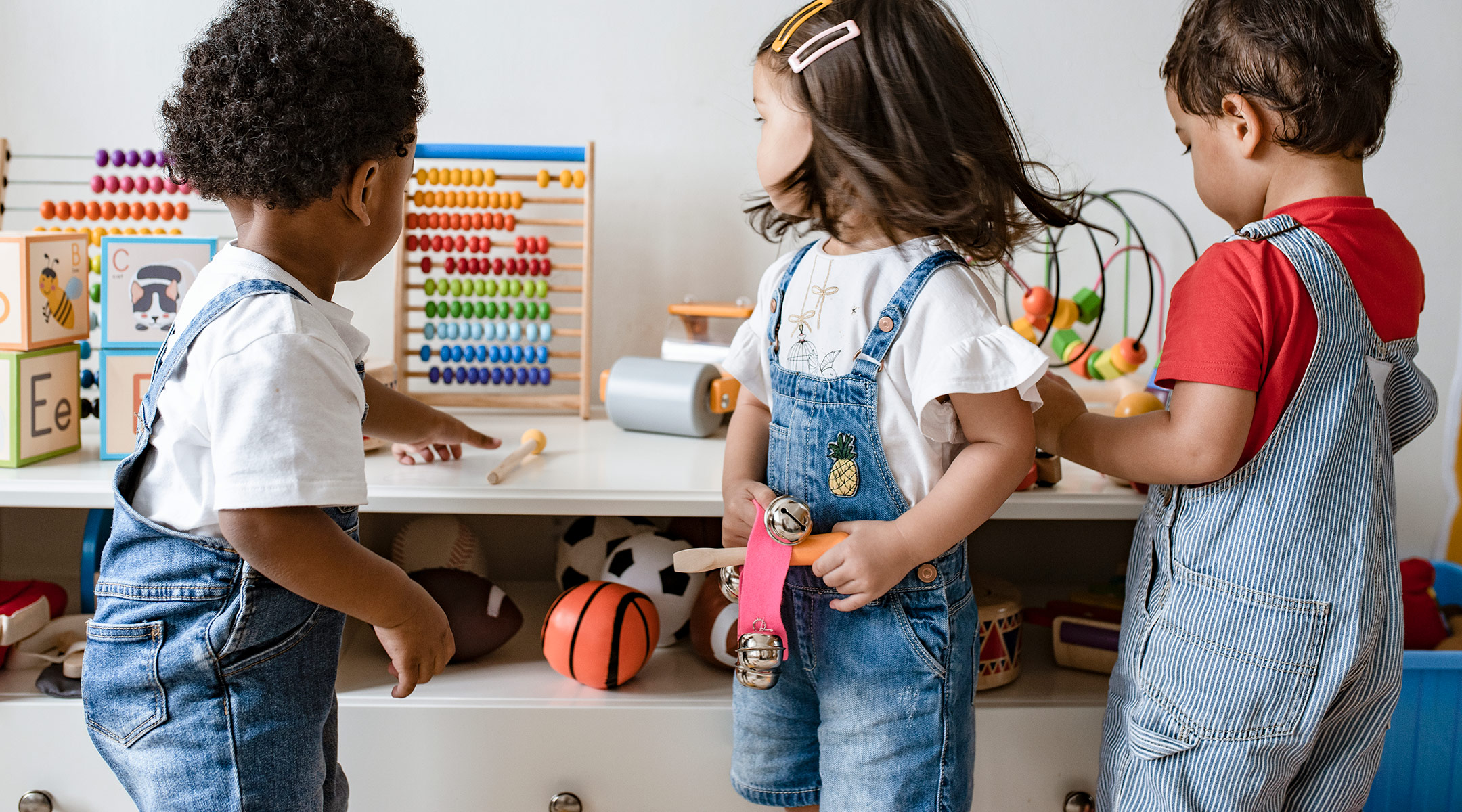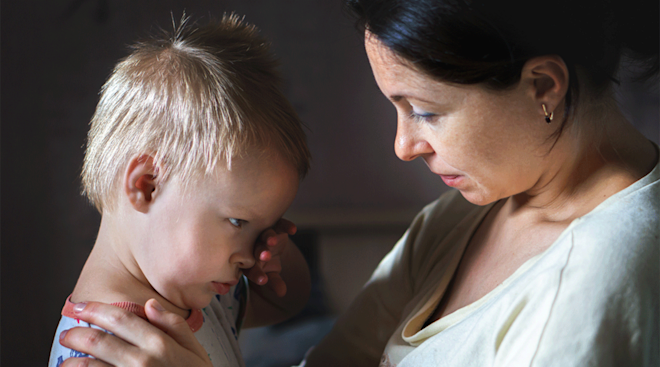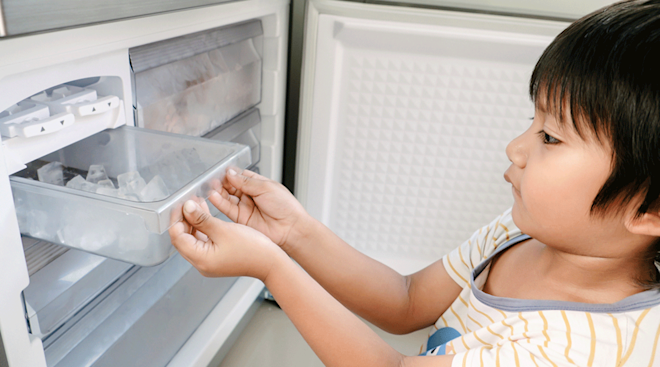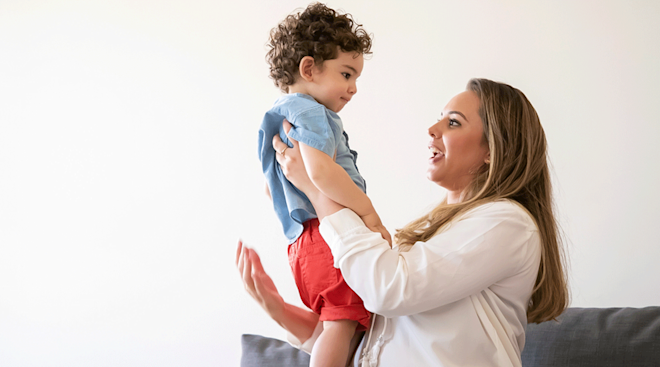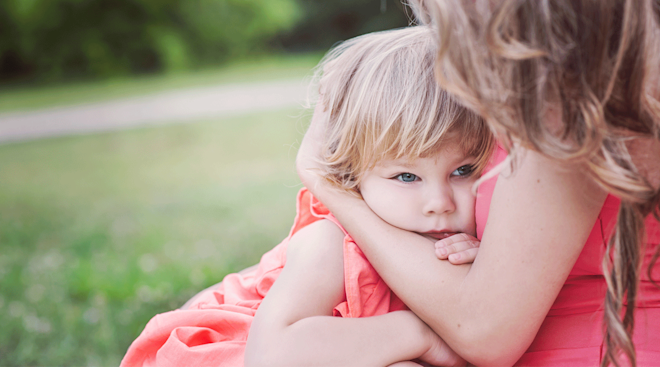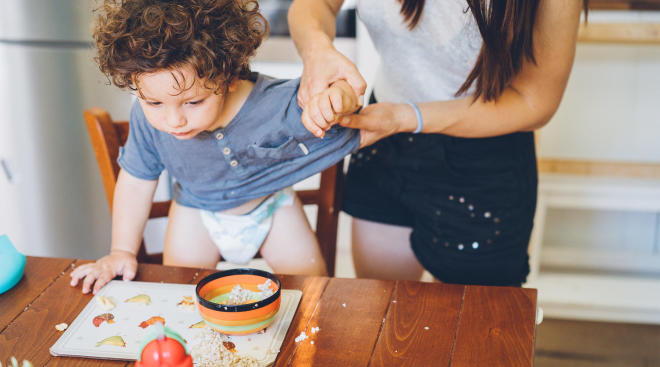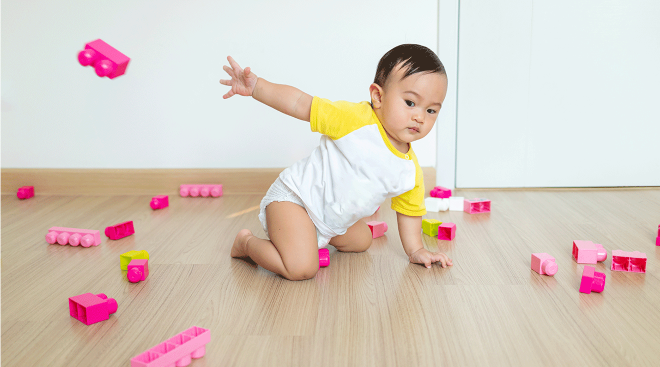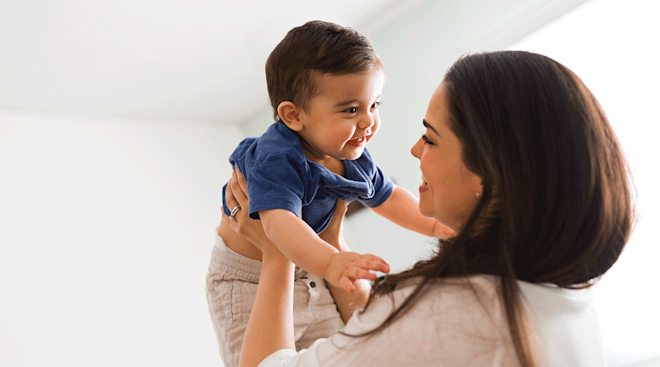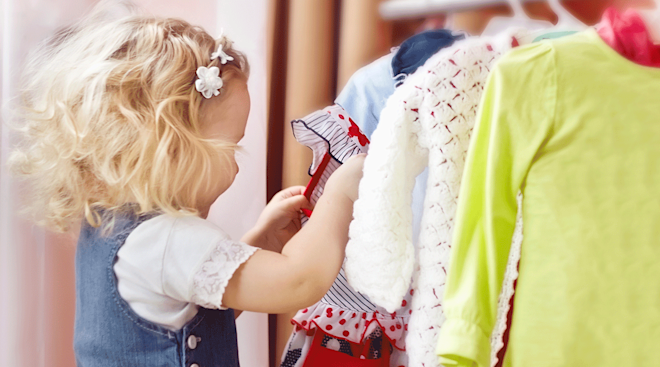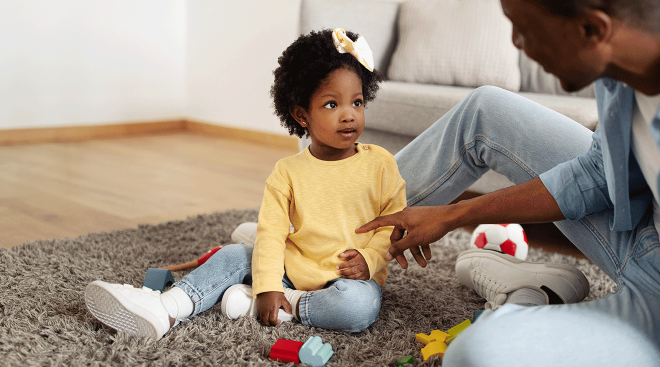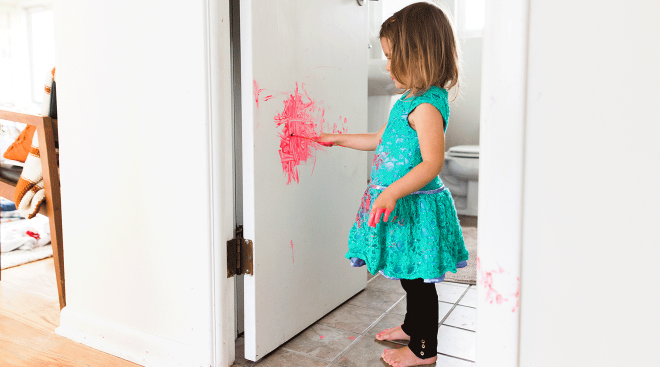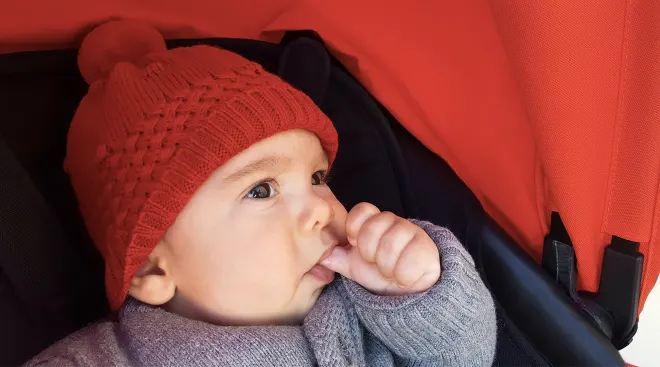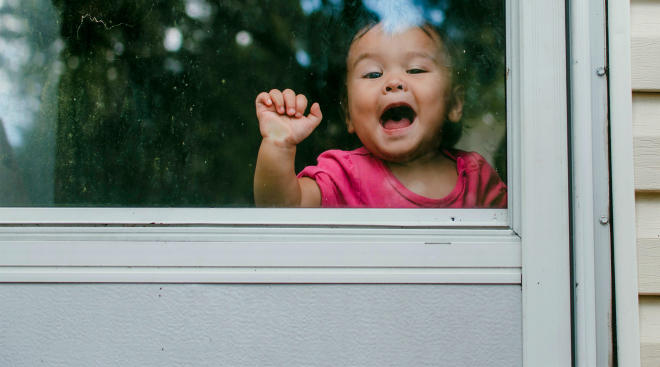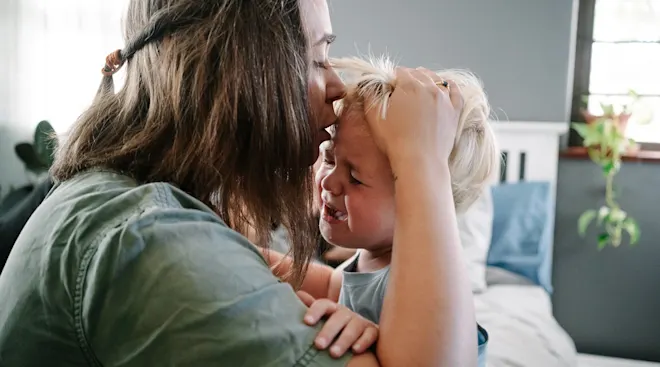Study: This Playtime Activity Is the Secret to Teaching Preschoolers Important Life Skills
Teaching kids self-regulation is key. Understanding when to sit still, how to keep frustrations at bay or when you shouldn’t interrupt someone is essential when it comes to social relationships. Previous studies suggest poor self-regulatory skills at 3 years old predict troubling adult outcomes, including poor physical health, higher unemployment rates and mental health issues. But don’t panic yet. According to new research, there’s an easy and effective way to set your little one down the right path.
Parents who incorporate simple games and day-to-day tasks into playtime help their children learn self-regulation, says a recent study from the University of Otago in New Zealand.
Currently, New Zealand uses the Positive Parenting Programme (Triple P) to handle kids who have behavioral issues. Its goal is to improve self-regulation by providing clear consequences to guide behaviour. Triple P uses techniques such as quiet time and time out to promote self-soothing. In the study, researchers used an alternative intervention based on structured play, known as Enhancing Neurobehavioural Gains with the Aid of Games and Exercise (ENGAGE). ENGAGE was found to be equally effective in managing children with difficult behaviour, and complement current treatment options.
ENGAGE involves parents playing popular games with their kids in a structured way for 30 minutes every day. Games include puzzles, musical statues, hop scotch, blocks and skip rope. Through the games, kids learn they need to focus, wait their turn, plan their next move and manage their frustration or anger when they lose or have an unwanted outcome.
Sixty families with kids between ages 3 and 4 took part in the study and were randomly assigned to undergo the Triple P or ENGAGE intervention over eight weeks. After a 12-month follow-up, ENGAGE was found to be as effective in improving children’s behaviour as Triple P. There were reductions in hyperactivity, inattention and aggression, and kids maintained these behaviors a year later, according to parent reports.
"Our results indicate that parents spending regular one-on-one time playing with their young children has the same positive effect on children’s behaviour as using behaviour management techniques, which have a long history of being effective in managing child behaviour,” says lead author Dione Healey, MD.
Disciplining your youngster is tricky. There’s no doubting you’ll be pushed to your limit, but keep in mind you’re instilling life skills that will benefit them down the line.
Please note: The Bump and the materials and information it contains are not intended to, and do not constitute, medical or other health advice or diagnosis and should not be used as such. You should always consult with a qualified physician or health professional about your specific circumstances.
Navigate forward to interact with the calendar and select a date. Press the question mark key to get the keyboard shortcuts for changing dates.
































